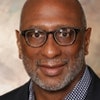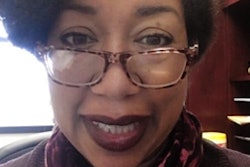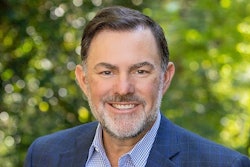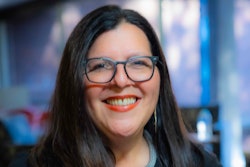Doretha Daniels witnessed many key moments in history, such as voting rights granted to White women, the Great Depression, both world wars, the Civil Rights Movement, the lunar landing and more. By the time she turned 50, she and other Black women in the U.S. were finally granted their right to vote in 1965.
Although Daniels has experienced more life than most, there was still something she had been longing to achieve. In 2015, at the age of 99, Daniels earned her college degree. She is the oldest of a new minority of students who are earning their college degrees much later in life.
For example, at 97, Allen Stewart received his master’s in clinical science. At 95, Nola Ochs received her bachelor’s in history. At 89, Mary Fasano attended Harvard University to receive a degree in liberal arts. At 67, Carol Mobley received her bachelor’s in sociology and continued on to pursue a master’s in social work. At 60, Helen White received her master’s in sports management. And at 52, Bridgetta Cottingham received her bachelor’s in human development gerontology.
The list of college graduates over the age of 50 is growing, as is their proportion of the world population. In 2011, the National Center for Education Statistics documented that there were more than one-half million students over the age of 50 enrolled in degree-granting institutions.
Some questions that naturally arise are: Are there any cognitive advantages for older students? What motivates older people to further their education? What issues do older students face when pursuing a college degree? What type of support is there for older students to return to college?
The good news is that scientific evidence disproves ill-conceived notions that older students might be burdened with cognitive disadvantages. For instance, Roger Gould, a New York psychiatrist, says an aging brain has variations much like that of a school-aged child.
“If you and your brain are healthy,” Gould asserts, “the only limitations to learning new mental skills and information are your motivation and natural intelligence.”





















